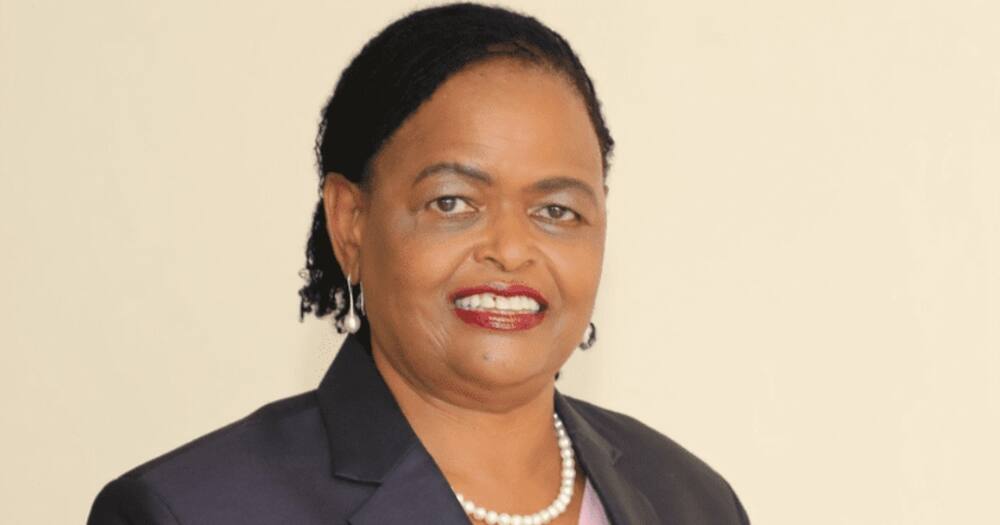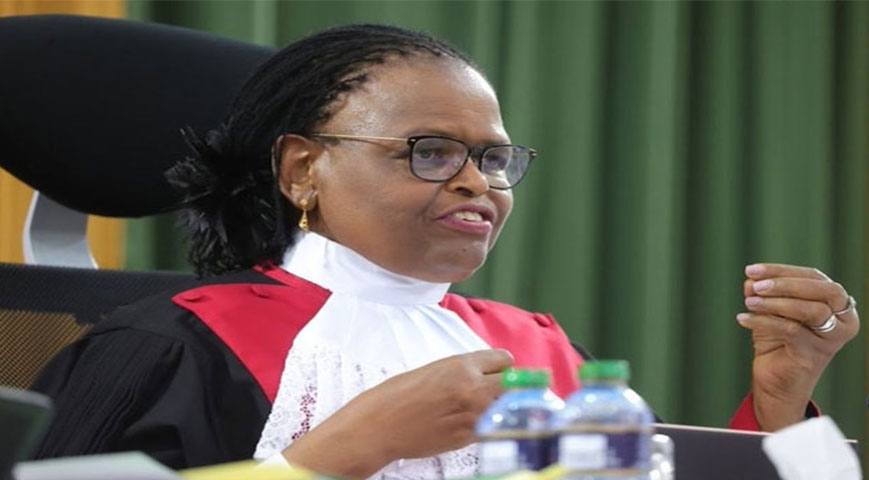Chief Justice Martha Koome is pushing for a bill that might exempt individuals engaging in prostitution from prison time.
Chief Justice Martha Koome's Penal Code (Amendment) Bill 2023 intends to repeal sections 153, 154, and 155 by changing the Principal Act, generally known as Section 4 of the Penal Code.

Section 153 imposes a severe penalty on males who live entirely or partially on the proceeds of prostitution or who solicit the conduct in public places.
Did you read this?
According to CJ Koome's Bill, prostitution will remain a criminal. Still, it will not be penalized by imprisonment but rather by using alternate techniques for dealing with minor offenses.
Verbal punishments, conditional discharge, probation, community work, and attendance at a rehabilitation clinic are among them.
.jpg)
"Where a male person is proved to live with or to be habitually in the company of a prostitute or is proved to have exercised control over the movements of a prostitute in such a manner as to show that he is aiding her prostitution with any other person, he shall, unless he satisfies the court to the contrary, be deemed to be knowingly living on the earnings of prostitution," reads one section of the bill.
Section 154 stipulates that women who engage in the acts and have been found to do so in court are guilty of a felony.

Section 155 addresses the premises for prostitution, allowing the arrest and search warrant of a suspected individual engaged in or abetting prostitution.
"If it is made to appear to a magistrate by information on oath that there is reason to suspect that any house or any part of a house is used by a woman or girl for the purposes of prostitution and that any person residing in or frequenting the house is living wholly or in part on the earnings of the prostitute, or is exercising control, direction or influence over the movements of the prostitute, the magistrate may issue a warrant authorizing any police officer to enter and search the house and to arrest such person," reads the Bill.









